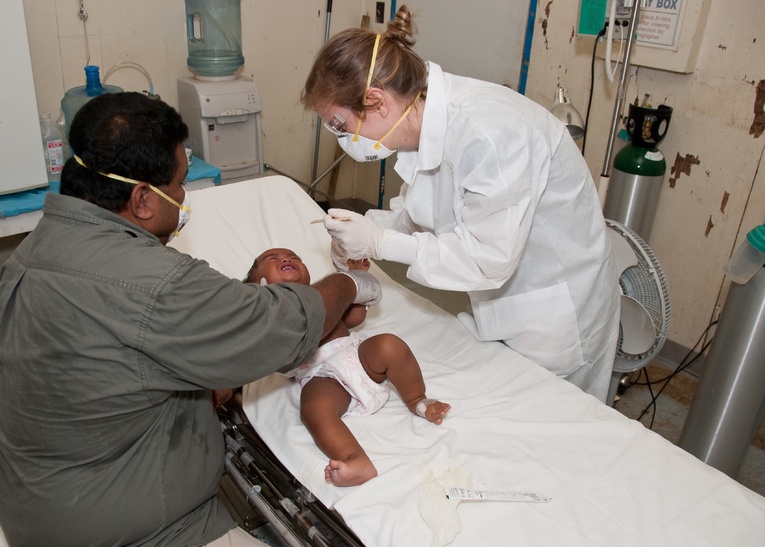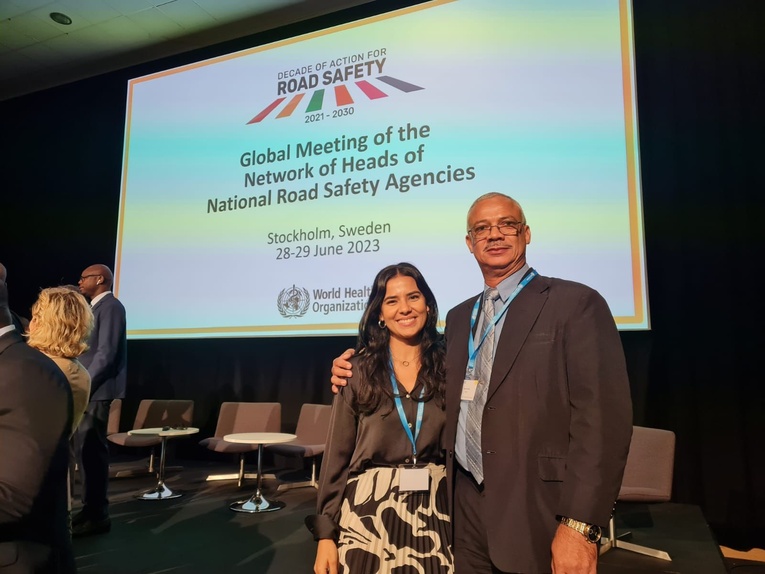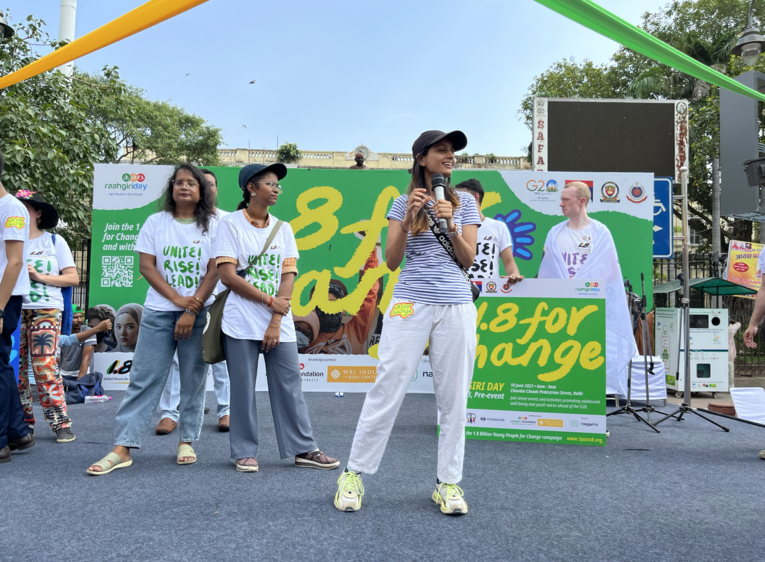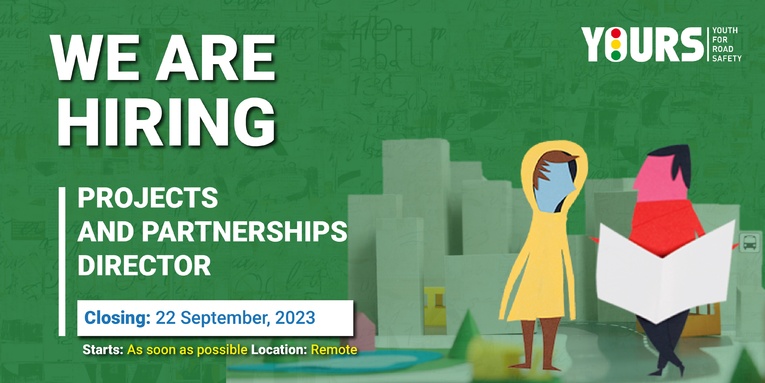
WE ARE HIRING: YOURS Projects & Partnerships Director
We are looking for a Projects & Partnerships Director. They will have the overall responsibility to lead the projects’ portfolio and the fundraising cycle at YOURS. This person will work closely with the Executive Director, and together, they will ensure the projects are in line with the YOURS strategic plan, follow the highest standards in terms of accountability, and are well-resourced.
YOURS plays a vital role in preventing road traffic injuries among young people. It is a unique organization that unites and supports youth leaders worldwide to demand and deliver road safety. YOURS is recognized as a leader in assisting government
investment in youth leadership in the road safety field. We add value to the broader development agenda by contributing to a healthier planet, liveable cities, gender equality, safe school zones, and equal access to safe and sustainable mobility.
The Projects and Partnerships Director will be responsible for managing and overseeing the entire cycle of the organization’s projects portfolio and the design and implementation of the fundraising funnel. In collaboration with the YOURS team, the Projects & Partnerships Director will ensure the projects are in line with the YOURS strategic plan, the mission and vision, and its accountability and resourcing.
On the one hand, the P&P Director will ensure the correct creation and implementation of the organization’s projects, following YOURS strategic focus areas: (1)Advocacy – Influencing decision-makers on the need for road safety with youth leadership (2)
Capacity Development – Informing and skilling leaders of today and tomorrow (3) Synergy – Energising a Youth Movement. This person assumes a leadership role of monitoring and supervising the projects’ dashboards and overview, with the mission of ensuring a strategic direction and accountability of YOURS activities worldwide.
Some of their key roles and responsibilities include;
Oversee the strategic direction and health of all projects at the organization, including completion, budget controls, projects’ workload, and any major constraints that the project may encounter;
Design, implement, and monitor the YOURS fundraising strategy, ensuring diverse and sustainable sources of income to enhance YOURS’ operations;
Set the global standards for projects by continuing with the implementation of user-friendly planning, controlling and reporting templates that are aligned with donors’ and organizational needs;
Support the expansion of YOURS’ network and partnerships by researching & establishing first contact and/or resuming relationships with private companies, private foundations, non-governmental organizations and multilateral institutions.
Access the full terms of reference and submit your CV and motivation letter to Raquel Barrios: raquel@youthforroadsafety.org by September 22, at 5:00 pm CET.

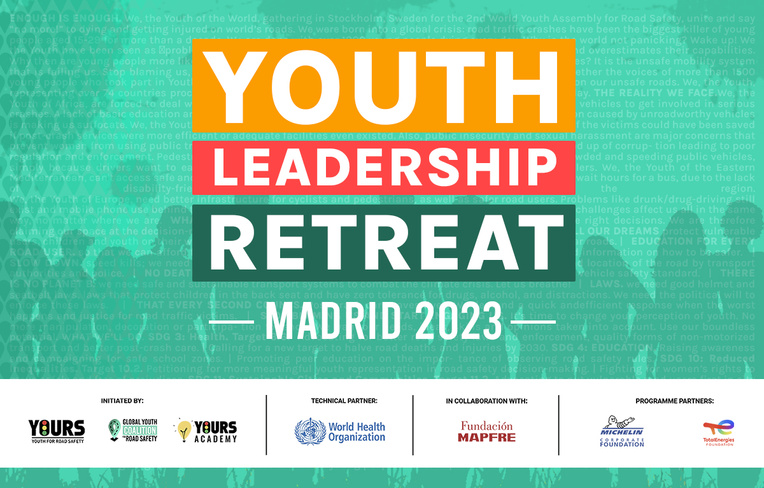




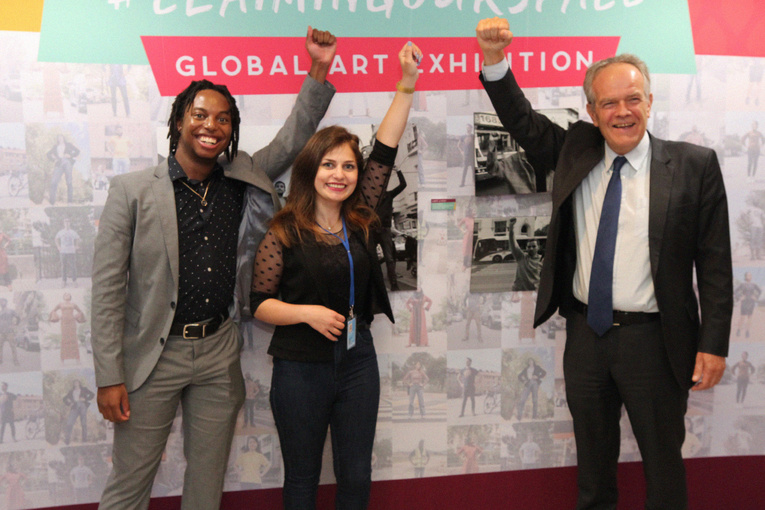
 FOREWORD TO THE YOURS ANNUAL REPORT 2022
FOREWORD TO THE YOURS ANNUAL REPORT 2022
